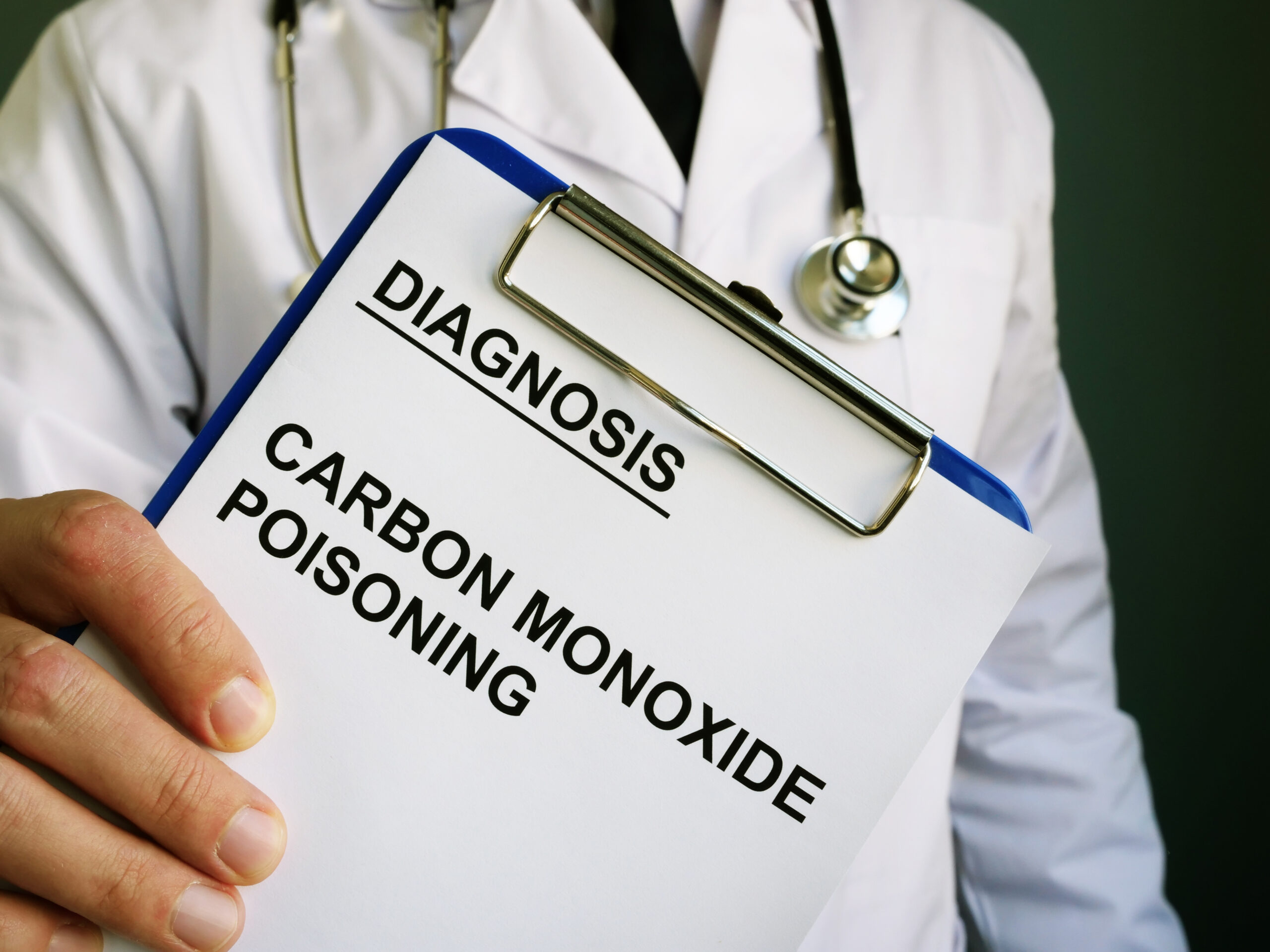Table of Contents

After Miller Gardner tragically lost his son to carbon monoxide poisoning at a Costa Rican resort, travelers are urged to take simple precautions that could save their lives during vacations.
At a Glance
- Carbon monoxide (CO) is a colorless, odorless gas that binds to hemoglobin in blood, preventing oxygen from reaching vital organs
- Over 400 Americans die annually from unintentional CO poisoning not related to fires
- Symptoms include headache, dizziness, nausea, and confusion, which can be mistaken for common vacation ailments
- Travelers should verify CO detectors are present in accommodations or bring portable ones
- If a CO alarm sounds, evacuate immediately and call emergency services
The Invisible Threat to Travelers
Carbon monoxide has earned its reputation as "the silent killer" for good reason. This invisible, odorless gas gives no warning before it begins displacing oxygen in the bloodstream, making it particularly dangerous in unfamiliar vacation settings where travelers may be unaware of potential sources. The recent suspected carbon monoxide poisoning death of Miller Gardner's son at a Costa Rican resort highlights the often-overlooked dangers travelers face, even at reputable accommodations. CO can leak from faulty heating systems, generators, gas-powered appliances, or even pool equipment, creating lethal concentrations while occupants sleep.
When inhaled, carbon monoxide binds to hemoglobin in the blood with an affinity 200-250 times greater than oxygen. "It kicks the oxygen off," explains Dr. Jason Rose, an associate professor at the University of Maryland School of Medicine. This process essentially suffocates cells and tissues from within, potentially causing permanent damage to the heart and brain. What makes CO particularly treacherous is that early symptoms—headache, fatigue, nausea—are easily mistaken for common vacation complaints like jetlag, altitude sickness, or food poisoning.
Protecting Yourself in Unfamiliar Accommodations
Whether staying at a hotel, resort, or vacation rental, verifying the presence of working carbon monoxide detectors should be a priority. "Some platforms like VRBO or AirBnB, they indicate whether or not a CO alarm is present in their listings, but it's always better to pick up the phone and check with management," advises Charon McNabb, co-founder of the National Carbon Monoxide Awareness Association. Don't hesitate to request a detector if one isn't provided. Experts recommend having detectors installed on every floor, particularly near sleeping areas.
An increasing number of safety-conscious travelers opt to pack portable carbon monoxide detectors, which are affordable and compact. The NCOAA offers travel detectors for approximately $135, though less expensive options are widely available online and in home improvement stores. Travelers should also be cautious about room location, especially in hotels and resorts. Rooms adjacent to mechanical areas, particularly those housing pool equipment, may be at higher risk for CO exposure.
Recognizing and Responding to Carbon Monoxide Emergencies
Understanding the warning signs of carbon monoxide poisoning could save your life while traveling. Initial symptoms include headache, dizziness, weakness, upset stomach, vomiting, chest pain, and confusion—many of which resemble common travel ailments. If multiple people in the same accommodation experience similar symptoms that improve upon leaving the building, carbon monoxide exposure should be suspected. The presence of CO can affect people differently depending on concentration levels, exposure time, and individual health factors.
If a CO detector alarms, evacuate the premises immediately and move to fresh air. Once safely outside, call emergency services. For travelers in the United States who suspect exposure, the Poison Control Center (1-800-222-1222) provides expert guidance. In serious cases, hospitalization and oxygen therapy may be necessary to reverse the effects of carbon monoxide poisoning. Prevention remains the most effective strategy, however. Before your next trip, consider adding a portable CO detector to your packing list—it's a small item that could make the difference between a memorable vacation and a tragic outcome.
AD
Most Recent
AD
